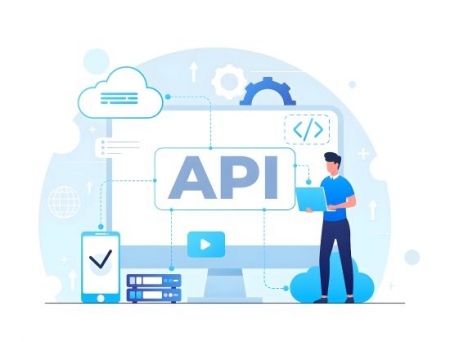India's Push for API Self-Reliance Under the PLI Scheme

India’s Production Linked Incentive (PLI) scheme for bulk drugs and key starting materials is transforming the country’s pharmaceutical manufacturing landscape, pushing the sector toward self-reliance. The initiative was launched with the objective of strengthening domestic capacity for critical Active Pharmaceutical Ingredients (APIs), drug intermediates, and key starting materials (KSMs). It is designed to reduce import dependence—particularly on China—while fostering resilient supply chains for medicines and raw materials.
Early signs show the scheme is beginning to deliver results. Approved projects under the PLI have already attracted significant investments, and by March 2025, cumulative investments exceeded initial targets. This has led to the creation of manufacturing capacity for several priority APIs, KSMs, and intermediates. Import savings, estimated at more than INR 1,300 crore by the same period, suggest that India is beginning to substitute a portion of imports with domestic output.
A central feature of the initiative is the development of dedicated Bulk Drug Parks and API clusters, with three major parks currently being developed in Andhra Pradesh, Gujarat, and Himachal Pradesh. These parks will provide common infrastructure and reduce entry costs, enabling faster project execution and encouraging the scale-up of complex manufacturing processes. By concentrating investment in these hubs, the government aims to create integrated ecosystems that can benefit both large manufacturers and MSMEs, while also attracting technology transfers from global partners.
However, challenges remain. Analysts note that not all targets have been met, with some advanced intermediates still heavily imported. Execution hurdles such as land acquisition, environmental clearances, high capital expenditure requirements, and delays in subsidy disbursal have slowed progress. Additionally, global competition is intensifying, with other countries offering similar incentives to attract pharmaceutical manufacturing.
To sustain momentum, India will need to focus on timely completion of the drug parks, streamline regulatory approvals, and ensure predictable financial support. Strengthening industry–academia collaboration for process innovation, supporting MSMEs with access to capital and technology adoption, and building skilled manpower will also be crucial.
If implemented effectively, the PLI scheme could mark a turning point in India’s pharmaceutical sector. Beyond creating jobs and boosting exports, it will enhance the country’s ability to secure critical drug supplies, reduce external vulnerabilities, and reinforce India’s position as the “pharmacy of the world” with a stronger, more self-reliant manufacturing base.
PLI Scheme Active Pharmaceutical Ingredients (APIs) Bulk Drug Parks and API clusters India’s Push for API Self-Reliance Key starting materials (KSMs) Production Linked Incentive (PLI) scheme
Last news about this category

We use our own and third party cookies to produce statistical information and show you personalized advertising by analyzing your browsing, according to our COOKIES POLICY. If you continue visiting our Site, you accept its use.
More information: Privacy Policy















